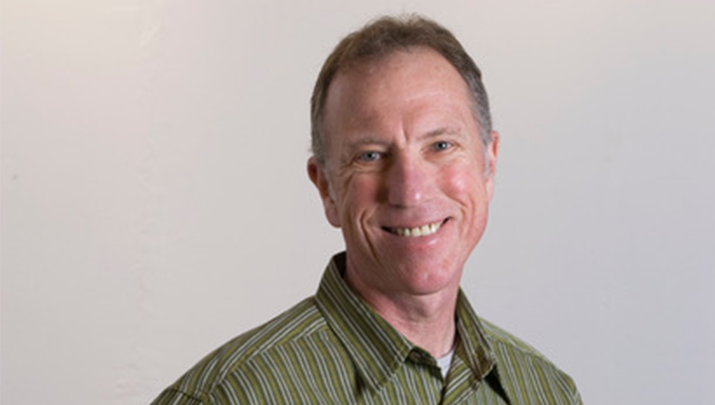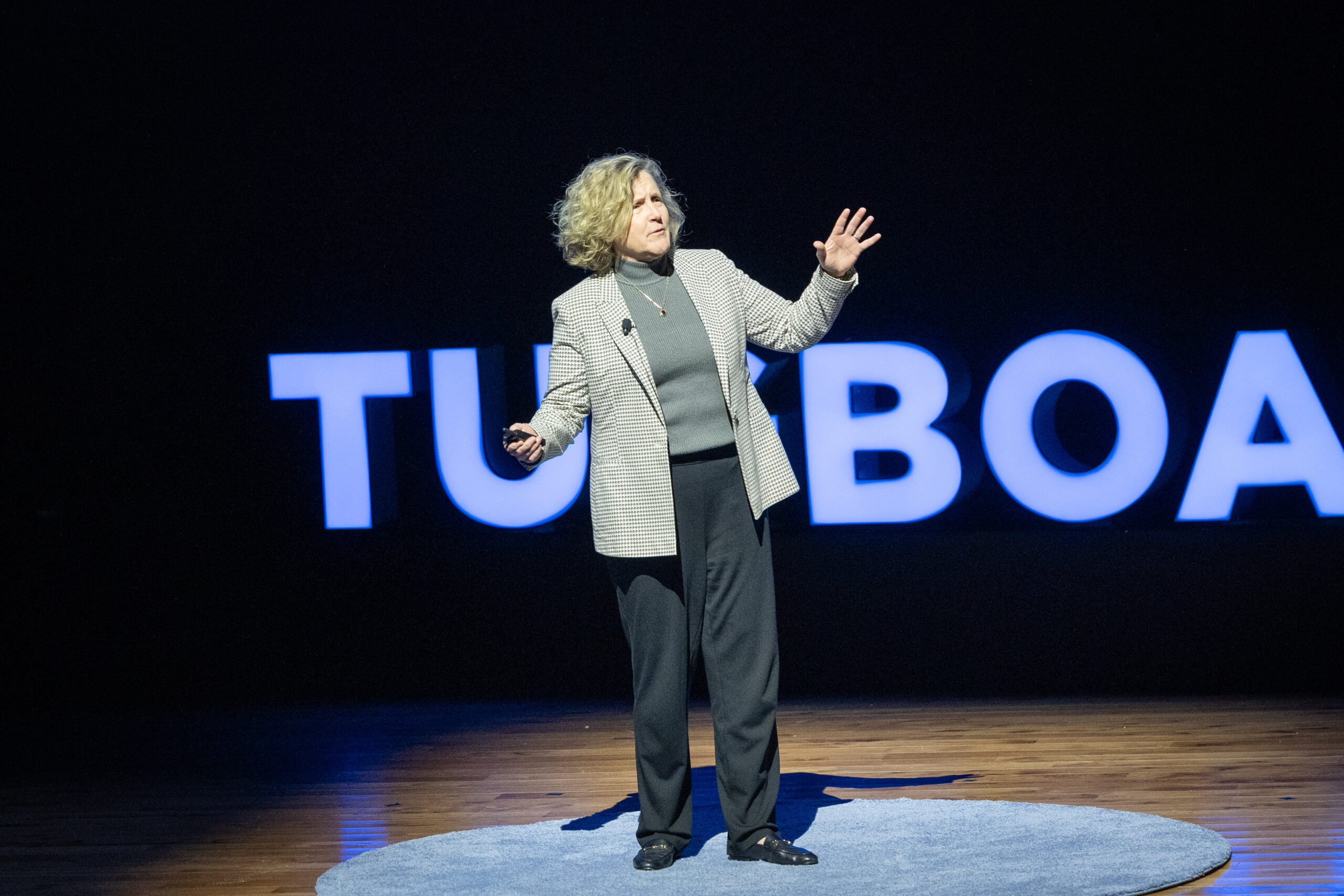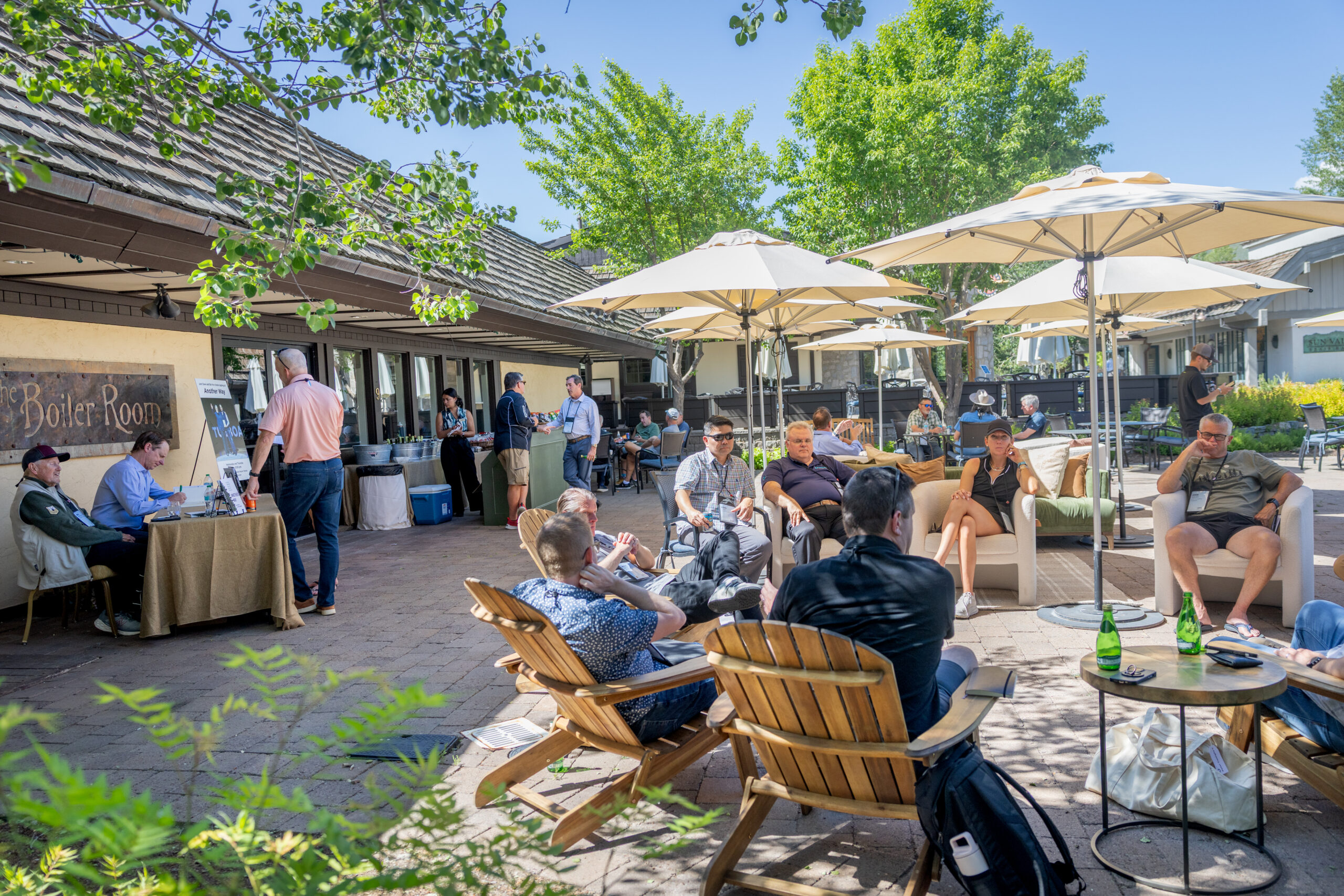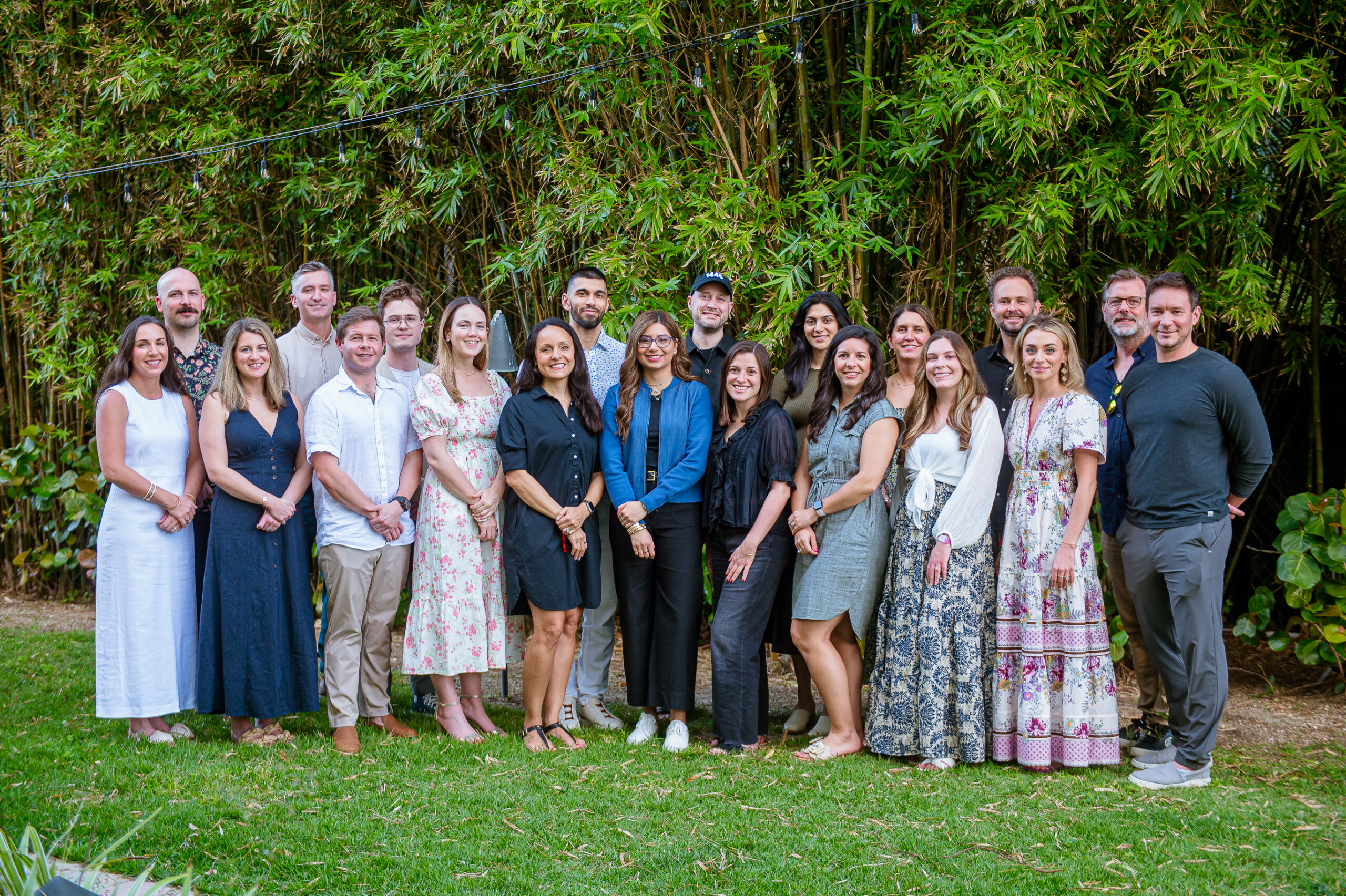

The Uneasy, Long Road: Why Building An Evergreen Business Takes Perseverance
- Rick Sutton
- Plus3
Deciding to build an Evergreen company was the best decision I ever stumbled into.
When I started Plus3 in 2007, I figured I would need a bunch of investment money to get off the ground. Plus3 adds a charitable twist to the idea of employee wellness, and from what I knew of the health care space (which at the time wasn’t much) it was expensive to get your foot in the door.
But when venture capitalists didn’t seem interested in my idea, I saw it as a great opportunity. By making a go of Plus3 on our own (with seed capital from friends) my partners and I could follow our Purpose and build a company the marketplace didn’t realize it needed.
It hasn’t been easy.
Plus3 is the third company I’ve founded. The first two, RSD3 and GaleForce Sports Marketing, were big enough successes that I didn’t have to worry about my family’s financial security. But I wanted to start one more company before hanging it all up — one filled with emotional currency, not just cash on the bottom-line.
Like many people, Plus3 co-founder Joe Fabris and I were alarmed by the growing trend of obesity. We wanted to find a way to get people off of their couches and taking better care of themselves. Our idea to do that was simple. People want to help other people. So if you tie their wellness goals to employer-sponsored charitable giving (the better they do, the more money that goes to charity) not only will you raise money for worthy causes but you’ll also give people a strong emotional reason to stick to their health goals and feel better about the place they work. By using our platform to tie wellness and giving together, employers could build a healthier, happier and more motivated workforce. (Employers pay a small “per-employee” monthly fee for our service.)
We’d seen the power of this idea when we ran a public trial of the program before we started selling it to big companies. People seemed to love the concept, and we felt confident enough to start working on sales.
But when we spoke with human resource leaders and C-suiters, we hit a roadblock. Although our meetings went great and people said they loved the idea, we couldn’t close a sale.
I’m not going to lie. That felt like shit. But we were pitching an innovative approach to people at these large companies who when it came to HR programs were risk managers, not risk-takers. None of us had health care experience, which made our idea a little scary to them. And at the time, wellness programs were based on individuals improving their clinical health numbers for personal rewards, usually cash bonuses. Get your weight or your blood pressure down to a certain number and you get cash. Our idea — that charitable giving was more motivating than cash — wasn’t intuitive to most of the executives we met. And at the time we had few case studies to defend our employee wellbeing solution
But we Persevered. I am not a quitter, and I knew that no matter what, I was not going to give up on this idea. We were all buoyed by enthusiastic emails we got from individuals who were using the program. Ahnu Shoes was one early adopter. Watching how much their employees and retail customers loved the program helped a lot.
But we often had to find more ways to keep spirits up internally. We had enough money to pay our staff, but salaries were well below what they deserved. My partner Joe and I took no salaries during those years. To show our appreciation to our few employees, whom I dubbed “The Daily Grinders,” we’d do things like give surprise bonuses — say, $1,000 toward a new baby’s college fund — when the team knew we were cash poor.
Then there were the nonfinancial ways I motivated my team. I always encouraged my employees to have side projects, to pursue whatever they wanted as long as their Plus3 job got done and they could jump all in if we needed them to.
Those small things helped get us through the tough times, and in 2012, we finally started to see the light at the end of the tunnel. We pitched our product to Heffernan Insurance Brokers, a Walnut Creek-based company that sells products like ours to bigger companies.
Not only did they agree to partner with us to sell Plus3 but they also signed on to use the system. It was that one in 10 meeting where someone deeply embraces your vision and has the courage to get behind you.
I knew that if these guys got it and wanted to use it, others would too. Two years later my feelings were validated when the global technology company Cobham signed on. At the time, only 5 percent of their 4,000-person workforce was using their very traditional wellness program that linked wellness success to clinical improvements and cash rewards. They signed a two-year agreement with us and the results have been amazing. Almost half of their business units are at 40 percent participation. That means we’re helping a lot of people in that company get healthy and raising a lot of money for charity.
We’re starting to feel the growth really take off. Last year our revenues doubled, and every single one of our clients renewed their contracts with us.
On my computer, I have a little window in the corner that shows how much money our platform has raised for charity. Every time someone goes for a walk, drinks enough water or eats five fruits and vegetables in a day, that number ticks up. So far, we’ve raised over $2.5 million, which is going to great causes like the International Red Cross, Wounded Warriors and Alzheimer’s research. If we had taken venture capital money when we first started, I doubt those investors would have had the patience to allow our vision to come to life. It’s likely that they would have pushed us to “pivot” or sell to get them back some of their investment. As my team and I watch the charitable number tick up, I’m grateful we found the Evergreen path for our clients and their employees, our charities and us — The Daily Grinders.
Rick Sutton is the co-founder and CEO of Plus3.
More Articles and Videos

Both/And Thinking: Harnessing the Positive Potential of Tensions
- Marianne Lewis
- Carl L. Linder College of Business, University of Cincinnati

Leading Through Uncertainty – Tugboat Institute® Summit 2025
- Jackie Hawkins
- Tugboat Institute

Get Evergreen insight and wisdom delivered to your inbox every week
By signing up, you understand and agree that we will store, process and manage your personal information according to our Privacy Policy




